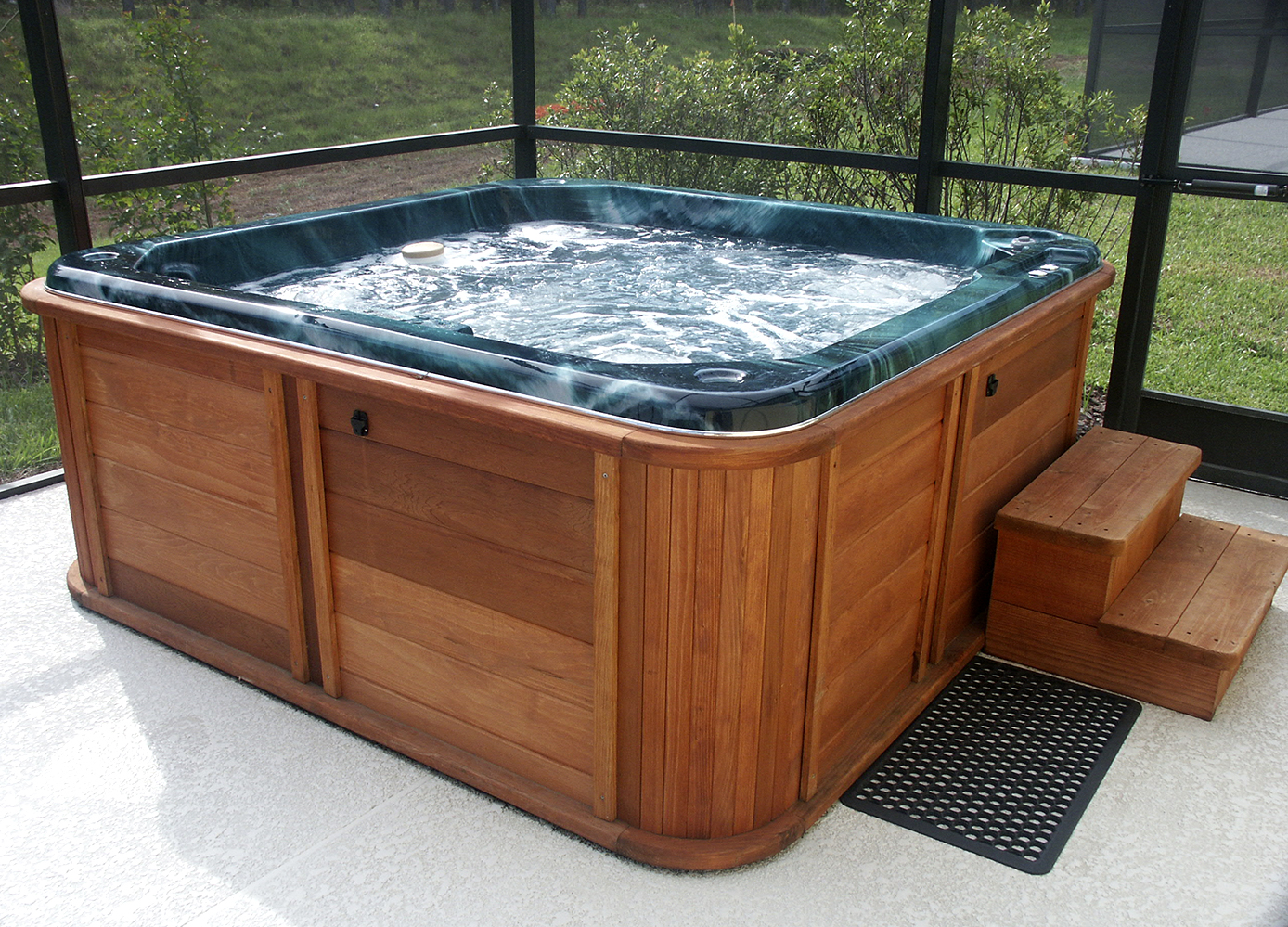Lakes are safer than swimming pools and hot tubs, according to a US report
By Katrina Caruso
Summer may be coming to an end shortly, but the months ahead are a time when many Canadians jet off to warmer climates. If you’re one of those lucky people planning a trip this year, a report from the US Centers for Disease Control and Prevention (CDC) warns that the swimming pool or hot tub you’re imagining may be home to water-borne illnesses. While the chlorine in pools acts as a barrier against bacteria, some parasites can tolerate even extreme levels of it.
According to the CDC report, more than 500 outbreaks of water-borne diseases occurred in the United State between 2000 and 2014, 94% caused by pathogens (the rest were due to chemicals). A third of all the cases happened at hotel pools, hot tubs, and spas, with pools the worst offender, mostly during the summer months of June to August. These outbreaks led to 27,000 people contracting illnesses—and eight dying as a result.
Cryptosporidium (also known as Crypto), which is caused by fecal matter in the water, caused nearly half of the outbreaks and 21,700 of the illnesses. It can lead to illness if the water ingested.
The other two primary water-borne illnesses were Legionella (which was the main cause of death) and Pseudomas, both of which thrive in hot tubs.
Although there are parasites and bacteria living in lakes, as well, the size of the body of water is important—smaller bodies offer more highly concentrated breeding grounds.
While the report isn’t cause for overreaction, you should take precautions nonetheless. Never swallow the water when swimming in a pool, hot tub, or lake, and do your research before booking a hotel.
Photo: iStock/Radekk.



